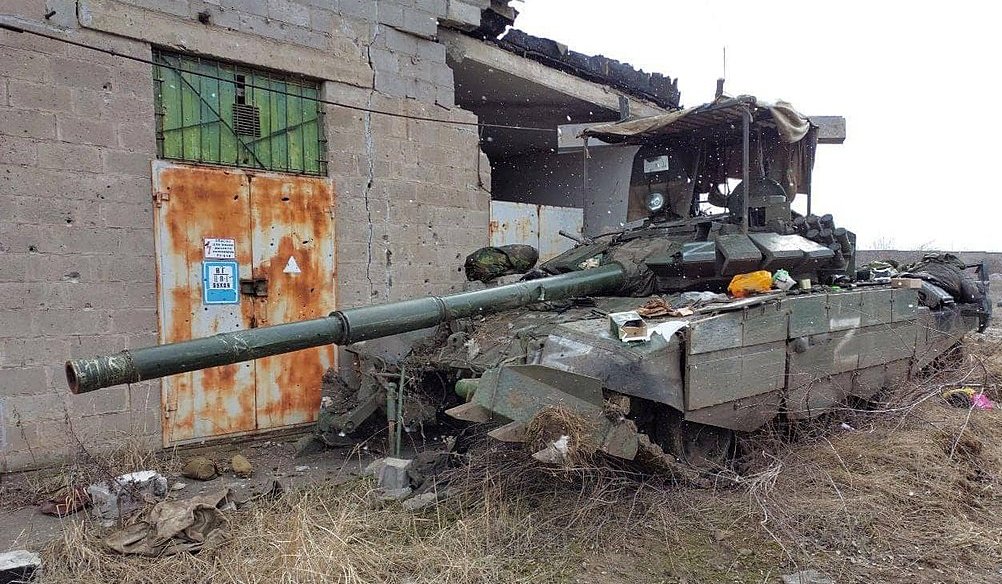NATO’s high-stakes summit in Lithuania has come and gone with a surprisingly strong show of unity among 31 member states whose leaders executed a deft balancing act on the divisive issue of when to extend membership to embattled Ukraine. When — not if.
Ukrainian President Volodymyr Zelensky’s pre-summit insistence that his government be given a defined date and path for accession had threatened to expose fractures in the world’s most powerful military alliance.
The “Bucharest Nine” faction of former Soviet republics and the defunct Warsaw Pact alliance pressed for an immediate timeline for Kyiv’s accession to bolster Ukraine’s prospects for defeating Russia’s invasion and reclaiming seized territory.
Much of the rest of the North Atlantic Treaty Organization objected to inducting a country that is still under attack nearly 17 months after President Vladimir Putin launched his unprovoked invasion. NATO, under its Article 5 commitment to treat an attack on any member state as an attack on all, would be obliged to enter the war on Ukraine’s behalf if Kyiv gained membership.
President Joe Biden and NATO Secretary General Jens Stoltenberg finessed an interim solution that appeased Zelensky with promises of more weapons, ammunition and strategic support in its counteroffensive against Russia’s dug-in troops and collaborators. The NATO leaders also inaugurated a special NATO Ukraine Council that gives Kyiv the right to call for crisis talks and a seat at the alliance table to help decide them.
“We will be in a position to extend an invitation to Ukraine to join the alliance when allies agree and conditions are met,” the summit leaders said in a 90-page communique at the end of the two-day summit last week.
The most consequential product of the summit was resolution of Turkey’s refusal to support Sweden’s application to become the 32nd member state of NATO. Turkish President Recep Tayyip Erdogan had refused to submit Sweden’s prospective membership for parliamentary approval in protest of Swedish laws protecting Kurdish refugees and political exiles whom Turkey considers to be terrorists. Sweden offered help getting Turkey a path to European Union membership and agreed to review free-speech laws protecting protests and demonstrations when offenses like Quran-burning are deemed tantamount to hate speech and incitement of violence.
Erdogan promised to submit Sweden’s accession bid to lawmakers by October. Hungarian leaders, who had also held off on endorsing admission of Sweden to the alliance, signaled Thursday that they would give their approval by the time of Turkey’s parliamentary debate and vote.
Finland’s completion of NATO membership earlier this year added more than 800 miles to the alliance border with Russia, more than doubling the shared boundary after Putin’s invasion of Ukraine spurred the long-neutral Nordic states to apply for admission. Both countries have strong standing armies and Sweden’s naval assets are uniquely valuable in shallow-water patrolling in the Baltic Sea.
With Sweden’s admission expected this fall or winter, the Baltic Sea will be surrounded by NATO territory except for a narrow access corridor from Russia’s second-largest city, St. Petersburg, and the heavily militarized Kaliningrad exclave wedged between Poland and Lithuania with no land access to the Russian mainland.
NATO’s expansion with Finland and Sweden entitles the alliance leaders to “take a well-deserved victory lap,” retired U.S. Navy Adm. James Stavridis lauded in a commentary for Bloomberg. A former NATO supreme allied commander, Stavridis pointed out what he called huge strategic advantages the Nordic countries bring to NATO. It completes the arc of NATO territory surrounding the Arctic Circle from Russia’s northwestern shore across Finland, Sweden, Norway, Iceland, Denmark (through its Greenland territory), Canada and the U.S. state of Alaska.
“The top of the world is a geopolitical Thunderdome, with the prize of the Arctic Ocean at the center,” Stavridis wrote. “As global warming removes more and more of the ice cover, access to vital shipping routes and hydrocarbons — oil and gas — will be increasingly crucial for the nations on the front porch of the Arctic Sea.”
Other areas of internal friction smoothed over at the summit included extending Stoltenberg’s term as NATO general secretary for another year, up to the 2024 alliance summit in Washington. There had been discord over who should succeed the former Norwegian prime minister who has held the NATO leadership since 2014. Competing factions want the next leader to be a woman or from an eastern country more recently brought in from the former Soviet bloc.
In their concluding communique, the leaders also declared unanimous support for each member state spending at least 2% of its GDP on defense — a level of investment currently being met by less than half of the 31 members.
“Vilnius has been a summit for implementation for the NATO of tomorrow,” the leaders’ statement proclaims. “A new generation of regional defense plans has been put in place, making the Alliance more capable to deter and defend itself than in recent decades.”

Equally fascinating the turmoil within the GOP between isolationists and internationalists. Eisenhower and Taft deja vu..
Thank you again, Carol William, for this superb summing up of the NATO summit. I can understand why so many participants felt like a victory dance was in order…Except one.
Zelensky seemingly acquiesced with good grace to the promise of eventual membership; what choice did he have? Did that compromise carrot give Putin the assurance he needed? Now that he’s revoked the global grain agreement, which assuredly helped many impoverished nations, what’s next? Is he feeling even more empowered?
Excellent analysis. You make the insensible make sense.
Sorry, Carol Williams. Please excuse the misspelling.